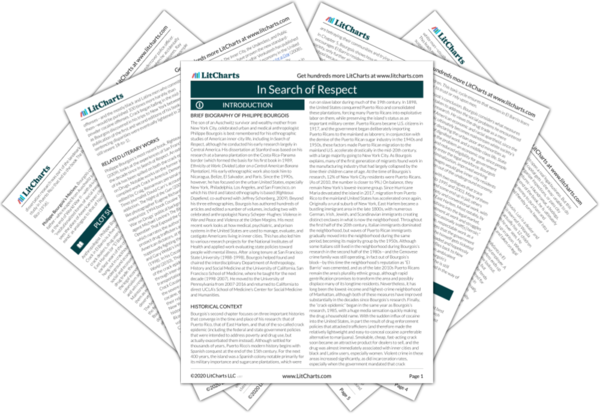Ray’s informal, underground business nearly becomes the jumping-off point for Primo and Caesar to “go legit.” But again, the deficit in their abilities and the rift between mainstream and underground intervenes to block their success. Like the original jíbaros, Primo, Ray, and Caesar’s rejection of the state leads the state to reject them as illegitimate and classless. While most people in mainstream culture may believe that completing a few government documents and inspections seems far easier than the nefarious drug trade, for Ray the former is completely foreign, while the latter is second nature.
